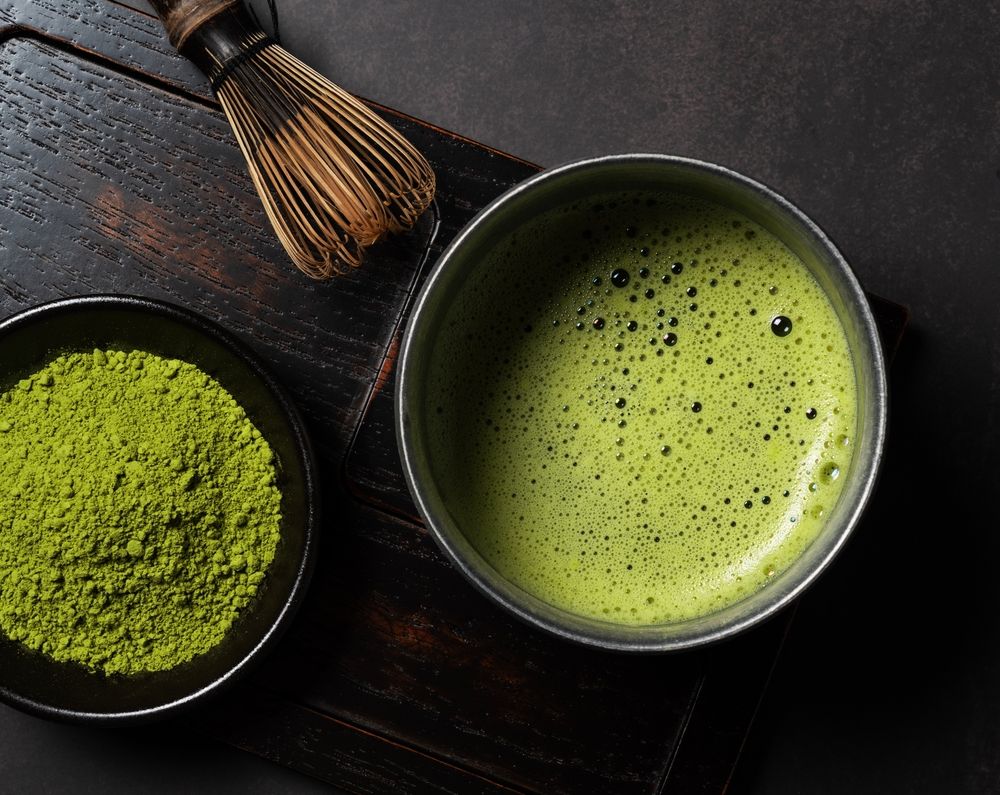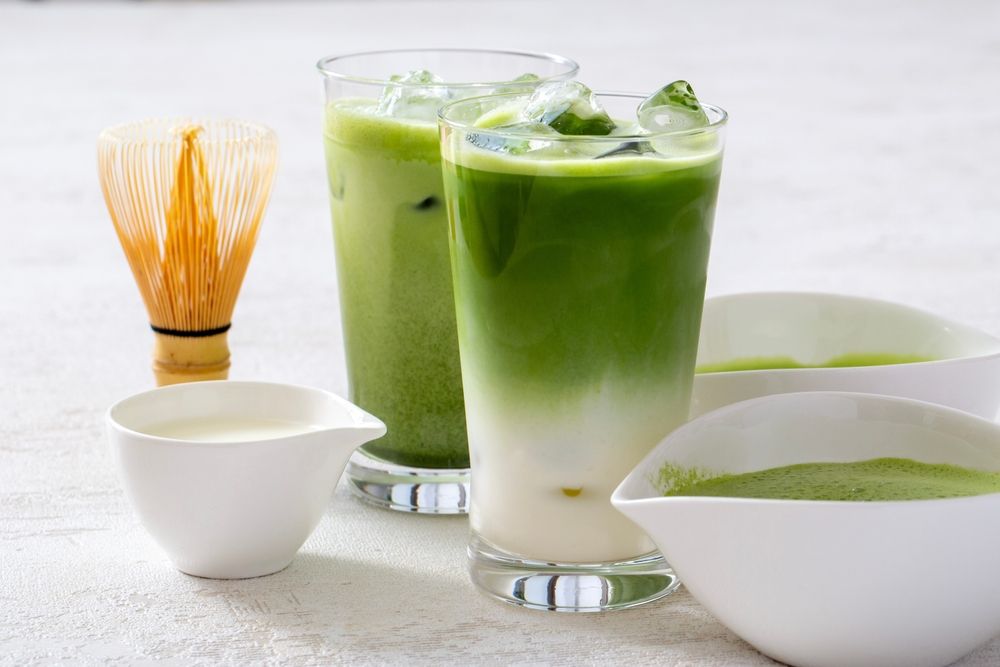
Coffee has been my go-to beverage since college—it felt like a rite of passage into adulthood. Morning and afternoon trips to Starbucks became staples of my daily routine, a habit that stuck with me well into my early 30s. But recently, I decided to shake things up and try something new: I swapped coffee for matcha for 30 days, and the results were more surprising than I expected.
Don’t get me wrong—I loved starting my mornings with the comforting aroma of hazelnut coffee, enhanced with almond milk and a sprinkle of cinnamon. But as I transitioned to matcha, I quickly embraced its earthy, creamy flavor and discovered benefits I didn’t even realize I was missing!
My Daily Matcha Routine

For those unfamiliar, matcha is a powdered Japanese green tea that’s whisked into water and can be enjoyed with or without milk, served hot or iced. Its vibrant color and smooth, creamy texture make it a delightful alternative to coffee.
So, what did my matcha routine look like? I replaced my two daily cups of coffee—one in the morning and one in the early afternoon—with matcha. I opted for Navitas 100% organic matcha powder, though there are plenty of great brands to choose from. For an extra boost, you could also try a matcha "superlatte" powder packed with probiotics, adaptogens, and mushrooms.
By the end of my 30-day experiment, I was fully hooked. Matcha has officially earned a spot as my cozy morning go-to, and for good reason! I discovered four life-changing benefits during this journey that made me rethink my regular cup of joe for good.
Matcha Provides a Solid Energy Boost Without The Anxiousness
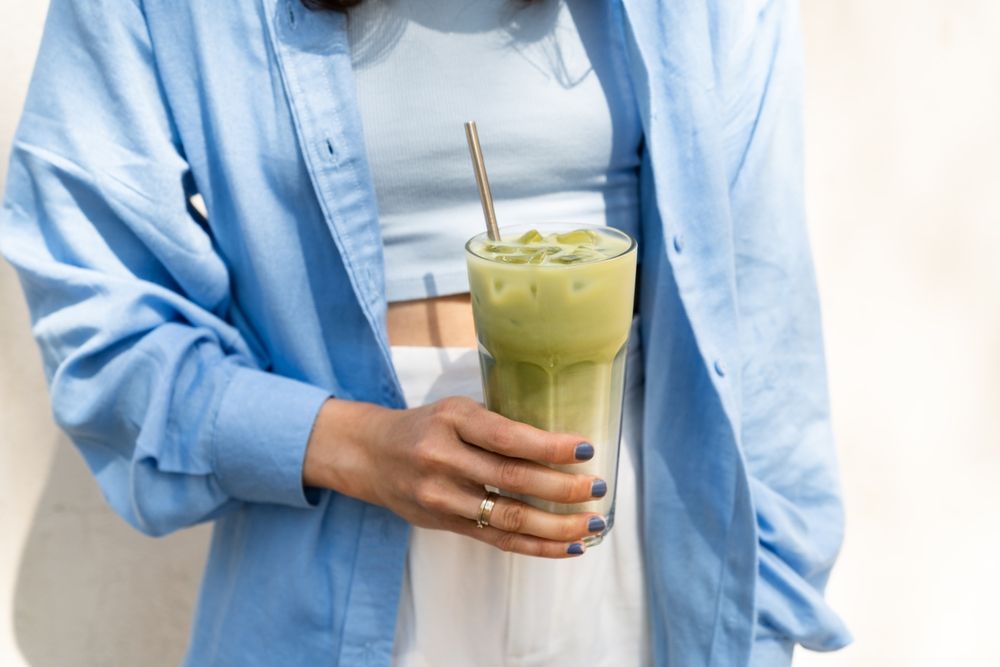
During my 30-day journey with matcha, I discovered an unexpected benefit: it gave me the energy boost I needed—without the jitters. My biggest issue with coffee has always been the after-effects. While coffee delivers a quick caffeine hit to power through mornings and afternoon slumps, it often left me feeling on edge, anxious, and hyper after just one or two cups. With matcha, however, I experienced a smoother, more relaxed kind of energy.
Curious about the difference, I turned to The Nutrition Twins®, Tammy Lakatos Shames, RD, CDN, CFT, and Lyssie Lakatos, RD, CDN, CFT, who shared insights into why matcha seemed to work better for me than coffee.
"Matcha's caffeine boosts energy at a slower rate and reaches a peak level in about 30 minutes, which is ideal for many people who tend to get jittery from coffee as well as those who are looking for a boost with less caffeine," explain The Nutrition Twins. "Matcha also has an additional boosting benefit in that it contains an amino acid called l-theanine, which creates a mental alertness [and] mental calmness."
This unique combination of energy and calmness was a game-changer for me, making matcha a perfect fit for my daily routine.
It Tastes Way Better Than Coffee
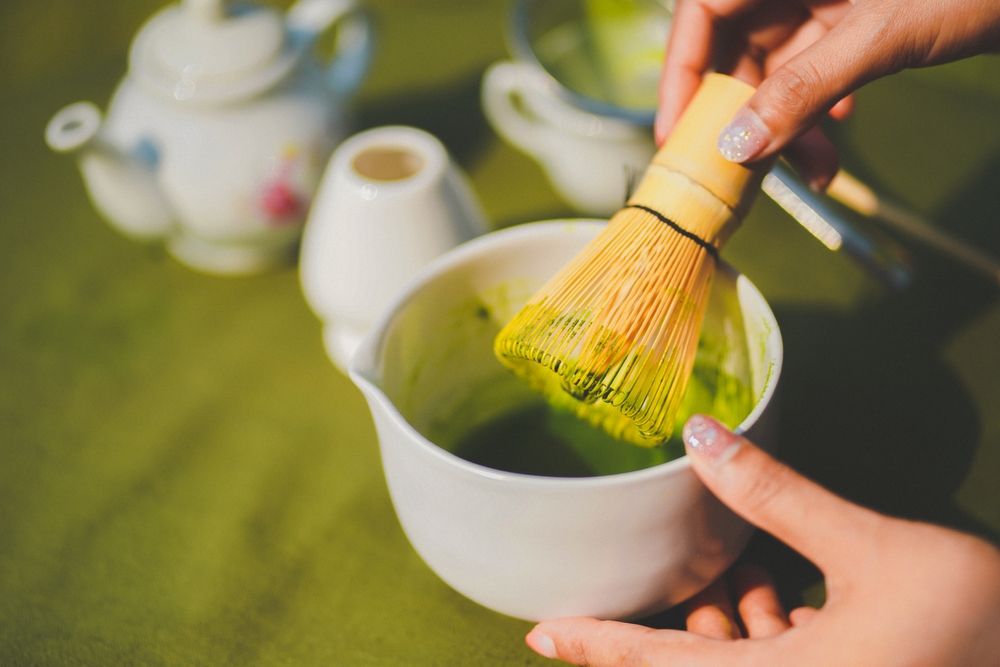
Old habits die hard, but it’s always a good idea to reevaluate your daily routines from time to time. Welcoming matcha into my life turned out to be a refreshing change—I’ve come to prefer its natural, earthy flavor over coffee’s.
Maybe it’s because I’ve been drinking coffee for so long that every cup now feels the same. Or perhaps it’s because, in recent years, I stopped adding sweeteners and creamers to align with healthier habits, making coffee less enjoyable.
In contrast, matcha offers a unique experience. Its natural, earthy flavor feels satisfying on its own. I simply whisked matcha powder with hot water and added a splash of almond milk for a smooth, creamy texture. It felt more like indulging in a special treat than just fueling up on caffeine, making each cup something to savor.
It's Chock-Full of Health Benefits
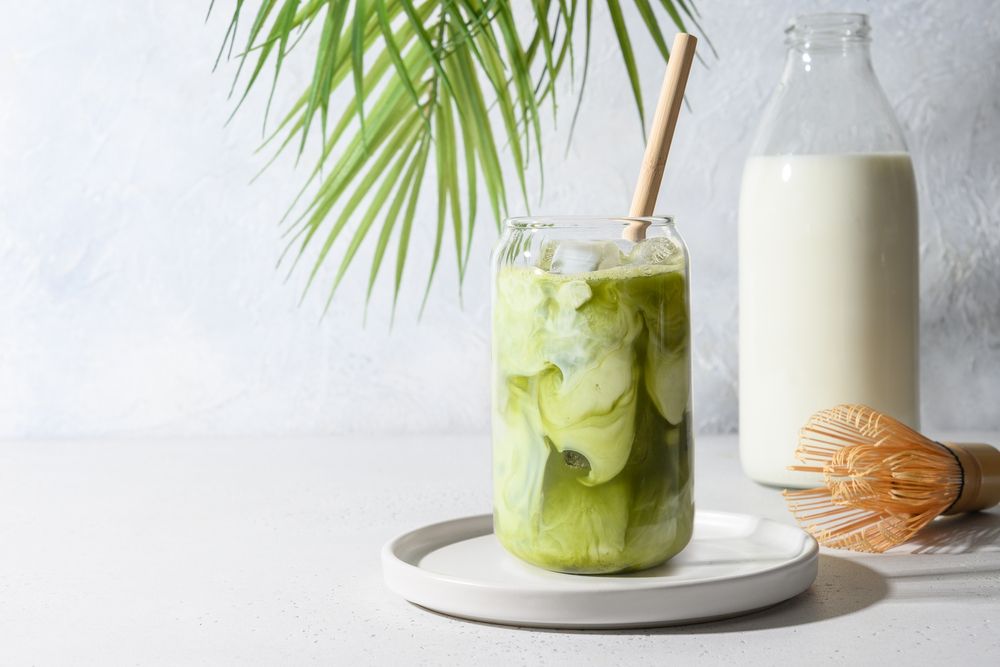
One of the main reasons I decided to give matcha a 30-day trial was its impressive list of health benefits. Matcha is rich in EGCG (epigallocatechin gallate), a powerful compound known for reducing inflammation, lowering cortisol levels, and aiding in weight loss. As The Nutrition Twins explain, "[EGCG] gives matcha an additional weight loss and belly fat-fighting edge [compared to coffee]."
Beyond weight management, matcha also combats oxidative stress, protecting cells from damage and reducing the risk of chronic diseases. According to The Nutrition Twins, "Matcha may help to kill cancer cells and help protect against tumors by preventing the formation of tumor-feeding blood vessels."
While research on coffee’s health effects is mixed, one clear distinction is its higher caffeine content compared to matcha. Excessive caffeine intake has been linked to side effects like insomnia, anxiety, and restlessness. For individuals managing blood pressure, limiting coffee consumption is often recommended, making matcha a gentler and potentially healthier alternative.
It's Sustainable for the Long Haul
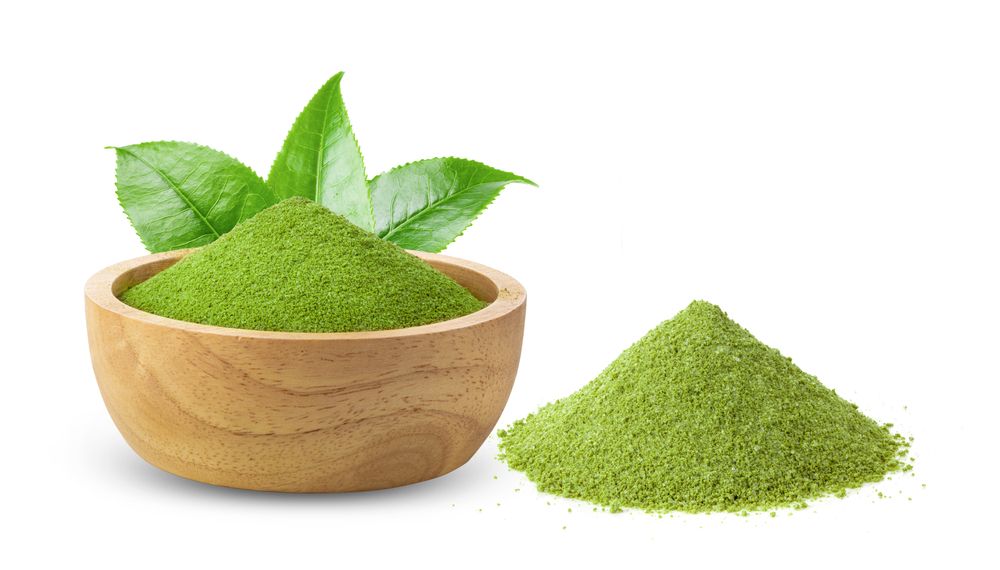
Healthy habits should be easy, enjoyable, and sustainable—and matcha fit seamlessly into my routine. It delivered everything I wanted in a go-to hot beverage: comfort, energy, and a range of impressive health benefits. The best part? I genuinely love its taste, which makes sticking to this healthy habit feel natural and enjoyable for the long term.

